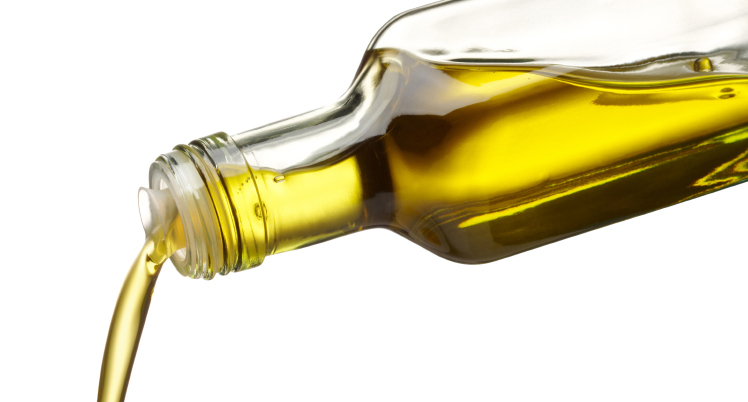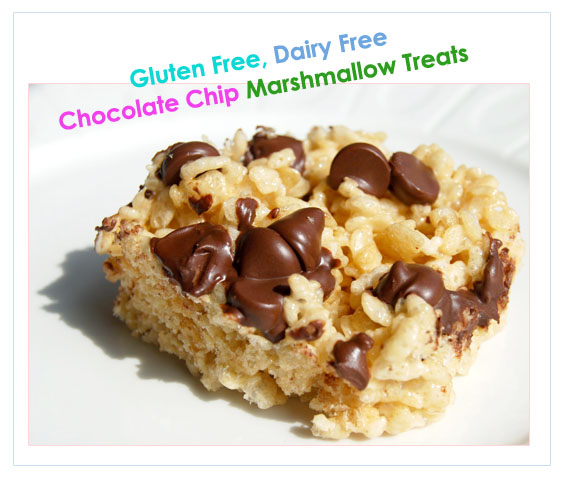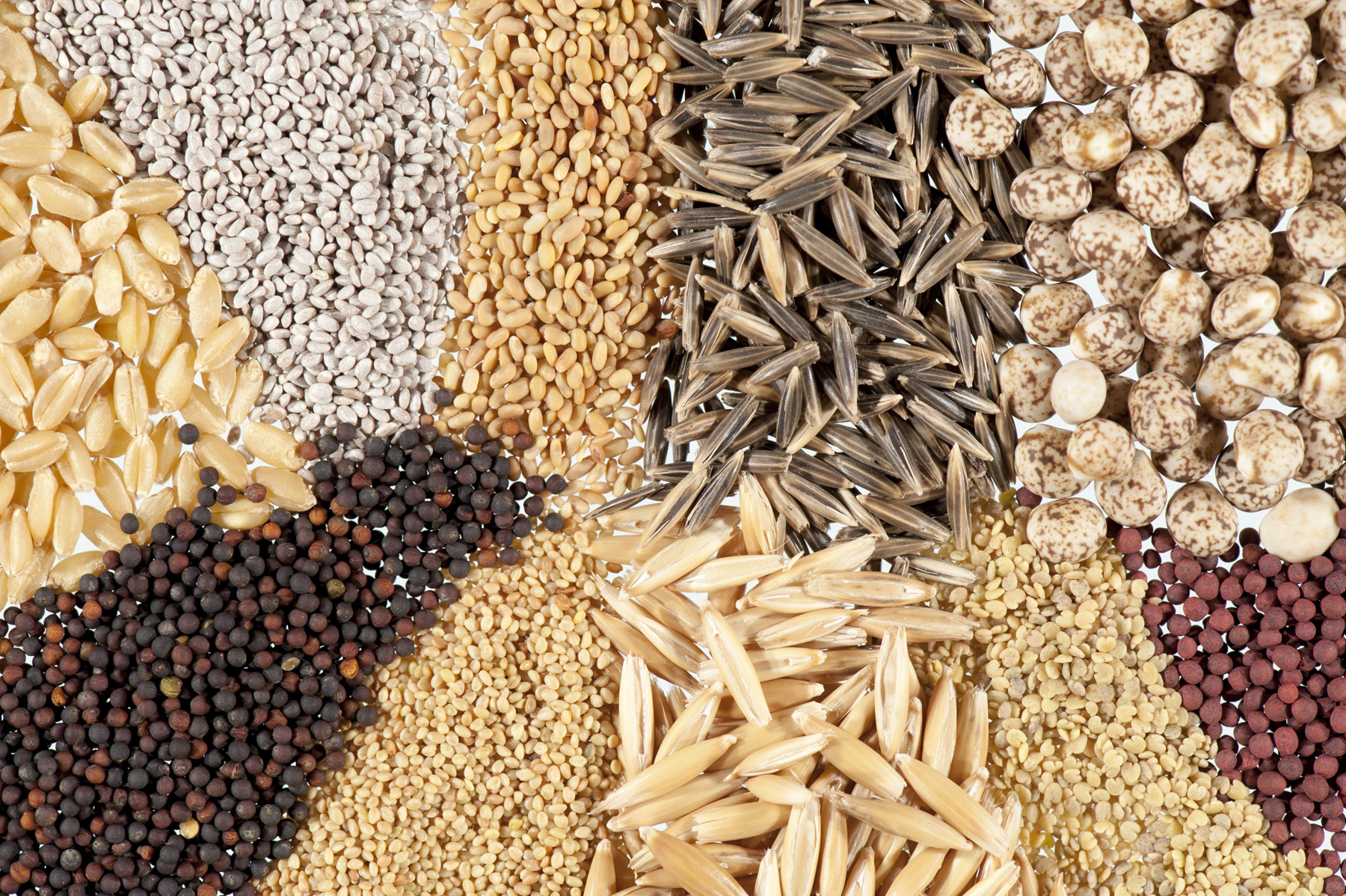 Time to cut back on fried foods!
Time to cut back on fried foods!
It’s hard to walk into a restaurant without finding some sort of fried food on the menu. From French fries to fried potatoes to chicken-fried steak to deep-fried veggies, fried food is everywhere. Peanut oil and vegetable oils are both used for the frying of food, which means the food absorbs all the calories from the oil. No surprise here: vegetable oils are causing a rise in obesity rates!
There was a time when vegetable oils were used sparingly for cooking. The cost of olive oil and other plant- and nut-based oils was much higher. Now, thanks to the wide availability of processed oils, it’s a commodity we use without thinking. Oil goes into just about every dish on the table—from the salad to the main dish to the dessert.
Not only does this lead to a higher average calorie intake per person, but it also means higher trans fat and hydrogenated oil intake. Until a few years ago, it was believed the saturated fat was the main culprit behind heart disease. It turns out trans fats and hydrogenated oils are what really clog your arteries and damage your heart.
But heart disease isn’t the only thing resulting from veggie oil intake. Obesity rates are rising to a staggering 50% of the world’s population, and the use of vegetable oil plays a large role in that rise. Seeing as vegetable oil is so cheap, it can be used in all cooking. This means we end up eating more calories—and unhealthy fats—which leads to higher fat storage. The result: more obesity!
Vegetable oil is among the eight ingredients that currently provide around 85% of the world’s calories—alongside rice, wheat, sugar, barley, potatoes, and maize. The addition of vegetable oil to these high-calorie, high carb foods has led to a decrease in the overall quality of the modern diet. The calories we’re eating contain fewer nutrients and less fiber, but there are more and more calories of fat and carbs than ever. Worse, the quality of fats and carbs is decreasing. No wonder obesity is a growing problem.
READ MORE: Obesity Isn’t the Fault of Flavor
So what does this mean for you? How can you reduce your risk of obesity? Simple: cut back on processed vegetable oils.
Veggie oils are so cheap that it’s tempting to use a bottle at a time to deep fry your food. Resist that urge! Buy yourself more expensive oils: olive oil, coconut oil, or avocado oil. Use ONLY those oils for cooking, and you’ll be less prone to over-using them. The cost of these oils is much higher, but it’s worth it because they are so much healthier. Coconut oil, olive oil, and avocado oil will increase your unsaturated fat intake and add delicious flavor to your food. Best of all, they won’t fill your body with undesirable trans fats and hydrogenated oils.
You don’t need to cut oil from your diet completely. In fact, your body NEEDS oils and fats in order to function. But just like you need to be sure you’re eating the right type of carbs, you need to choose the healthy oils. Go for the oils that contain extra nutrients, and avoid anything that is highly processed. Extra virgin olive oil is amazing for eating in your salads and dressings, and coconut oil and avocado oil are ideal for cooking. Choose the healthier oils, and your body will be far less prone to both excessive weight gain and heart problems!








